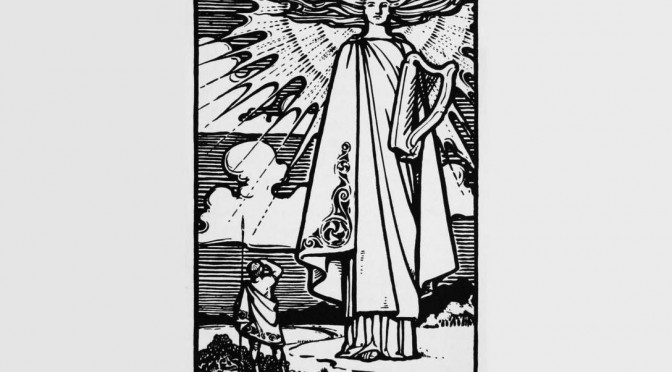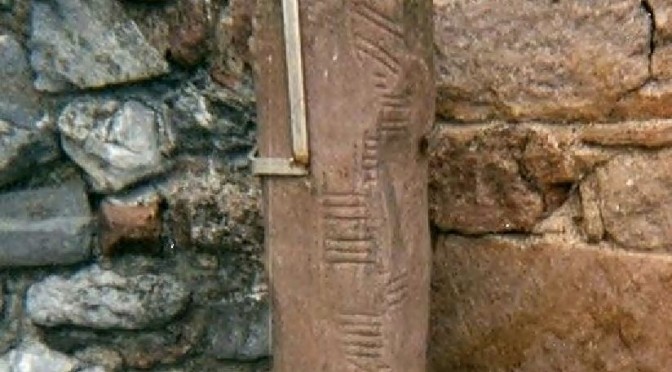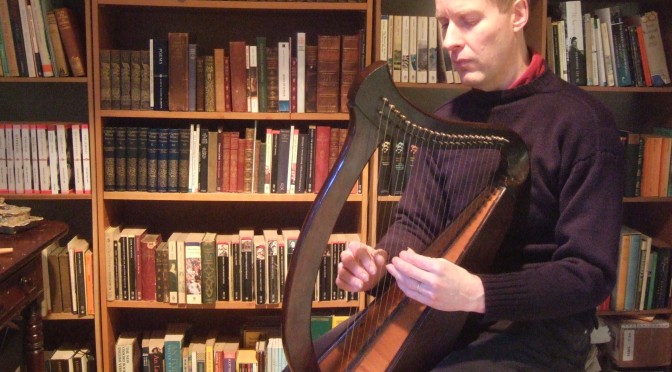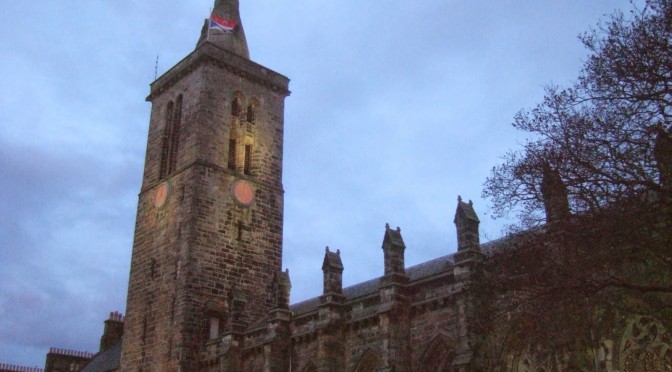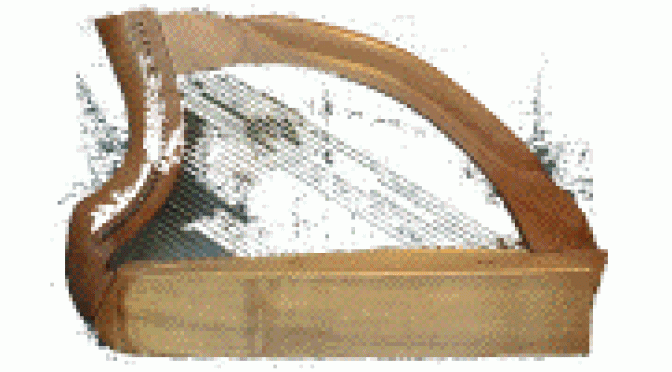I often used to visit the Museum of the History of Science in Oxford, and I used to admire the 1542 Nuremberg paper astrolabe. (I see from the online catalogue they also have a 1584 Paris paper astrolabe.)
Although the brass astrolabes are more common in museums and collections, and are a lot more shiney and impressive looking, I thought the paper and wood ones looked a lot more possible to make as a project.


